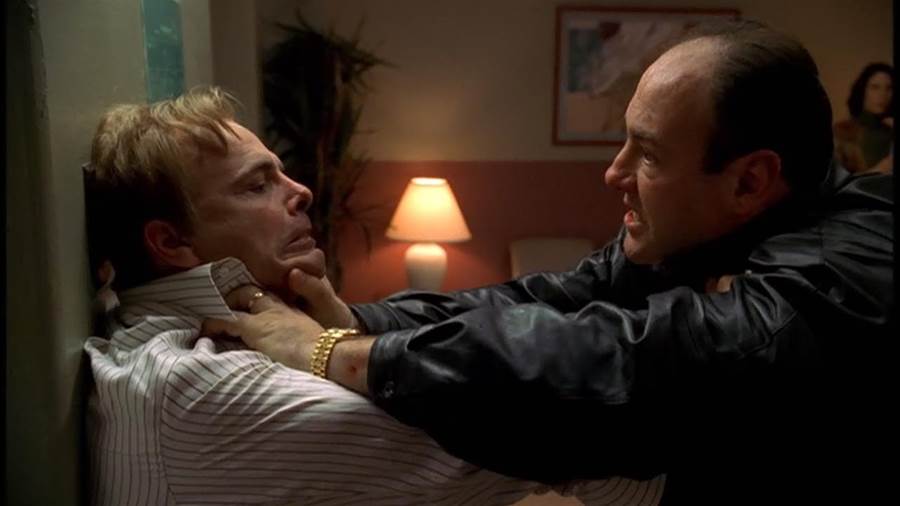

"The Sopranos," one of the most popular TV series of all time, was known for its dark and gritty portrayal of the Italian-American mafia. Throughout its six seasons, the show featured a significant number of deaths, with each one serving a purpose in advancing the story and developing the complex characters.
The article explores the significance of every death in "The Sopranos" and how it impacted the narrative. From the very beginning, with the death of Tony Soprano's lover, it becomes clear that death is a prominent theme in the series. The death of Tony's father, Johnny Boy Soprano, sets the stage for Tony's rise to power and his conflicted relationship with his own family.

Other deaths, such as those of key characters like Ralph Cifaretto and Adriana La Cerva, reveal the treacherous nature of the mafia world and its consequences. These deaths not only affect the main character, Tony, but also the other characters' arcs, leading to a constant state of tension and unpredictability.
The deaths in "The Sopranos" also serve as moments of moral conflict and introspection. The killing of Christopher Moltisanti by Tony forces him to confront his own destructive behavior and the toll it takes on those closest to him.
Similarly, the murder of Tony's nephew, Jackie Aprile Jr., highlights the destructive consequences of the mafia lifestyle and its impact on younger generations.Overall, the deaths in "The Sopranos" are not merely there for shock value, but rather serve as an integral part of the story's narrative and character development. They reflect the dark and dangerous world of organized crime and the toll it takes on those involved. In the end, "The Sopranos" stands as a masterpiece that uses death as a means to delve into the complexities of human nature and morality.
